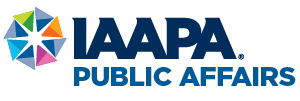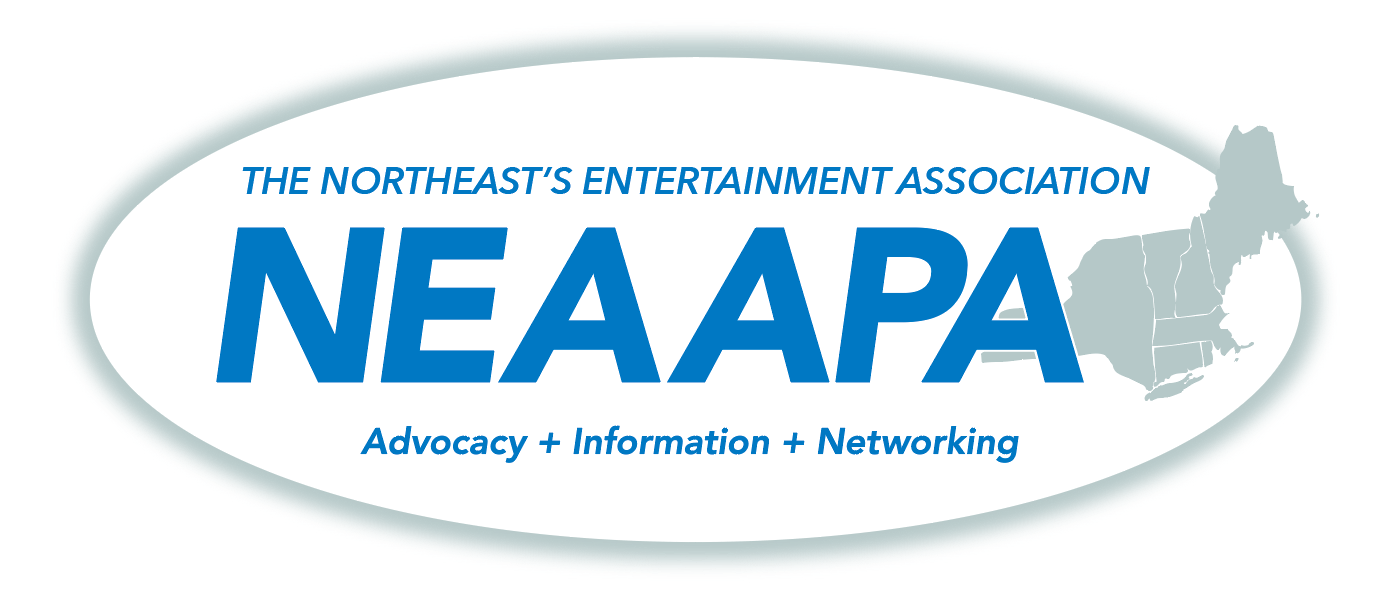
U.S. Department of Labor Raises Overtime Salary Threshold
On April 23, 2024, the U.S. Department of Labor (DOL) issued its final rule changing the overtime regulations under the Fair Labor Standards Act (FLSA).
Effective July 1, 2024, the rule will increase the threshold at which executive, administrative and professional (EAP) employees are exempt from overtime pay from the current $684 per week ($35,568 per year) to $844 per week ($43,888 per year). That change would make an additional 1 million workers eligible to receive time-and-a-half for each hour they work beyond a 40-hour week.
Effective January 1, 2025, the threshold will further increase to $1,128 per week ($58,656 per year), covering another 3 million workers. The final rule also includes a three-year automatic adjustment mechanism for updating the salary threshold.
Workers who fall under the FLSA’s executive, administrative and professional exemptions are not eligible for overtime pay. To qualify for the exemptions, employees must be paid a salary of at least the threshold amount as well as meet certain duties tests. If they are paid less - or do not meet the tests - they must be paid 1.5 times their regular hourly rate for hours worked in excess of 40 in a workweek.
It's important to note that the two most recent DOL increases to EAP salary thresholds were successfully challenged in court. It's reasonable to surmise that this increase will be challenged as well. Experts suggest that while employers should begin preparing for compliance, they should do so cautiously given the probability of a legal challenge resulting in a nationwide injunction.
IAAPA does not oppose a reasonable increase to the salary threshold over a reasonable period of time. That being said, a 65% increase from the current level; 1) is not in line with wage rates in many areas of the country, 2) disproportionately impacts small businesses, and 3) will likely create more inflationary pressures due to the inevitably of price increases.
We will continue to monitor this issue on your behalf. In the meantime, we encourage you to speak to your human resources and accounting teams about compliance planning.
